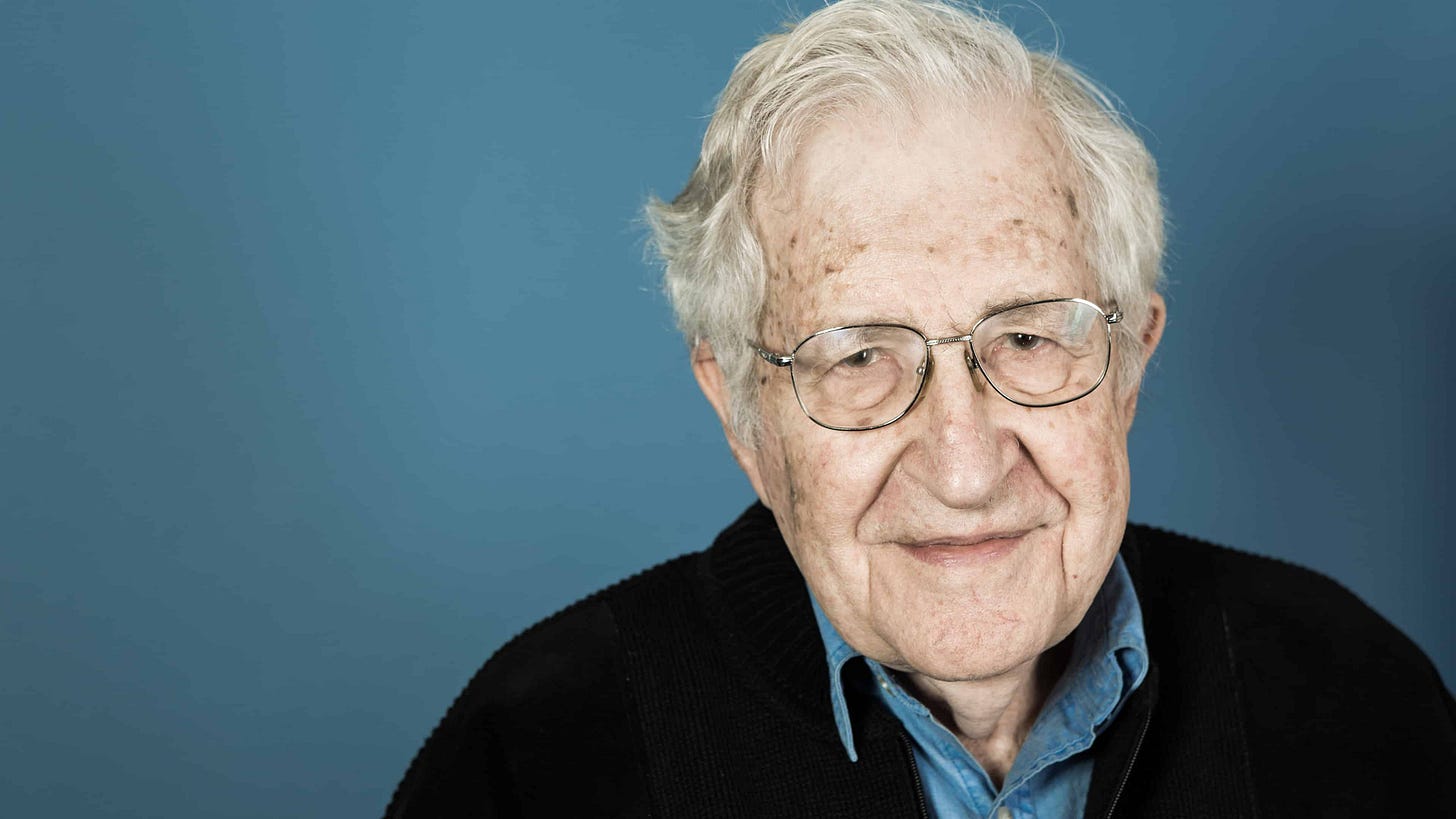It was recently said of Noah Chomsky, a professor and public intellectual known for his work in linguistics, political activism and social criticism, that this professional communicator isn’t doing much of it anymore.
"I doubt he will be able to return to the public eye, as he is not communicating much, if at all,” stated Bev Stohl.
That news inspired a thought: How would such a development impact our lives, what regrets would we have to live with and endure?
“Personally, that would be expressing my appreciation to my parents. I always took their love for granted,” says Stefano Lodola, the author of the language learning app "Think in Italian" and owner at Think Languages.
“Publicly, that would be using my linguistic skills to advocate for important causes. I should admit that I feel unable to do either of the two even now that I have the faculty of communication,” he says. “In that sense, the technical or physiological capabilities for communication are only one of the requirements for effective communication. Personality and social position also come into play.”
Not being able to communicate what feels absolutely necessary or part of our being can be emotionally and psychologically painful and Lodola expresses that too.
“It would be profoundly frustrating and isolating,” he says. “Being able to express myself in various languages is a great source of self-esteem and liberation. I also saw how my students could benefit from expressing themselves through the lens of a new language. Losing the ability to communicate would be a devastating experience.”
He goes deeper into detail about the “why.”
“I might feel a sense of regret for not making the most of my linguistic abilities while I had the chance and for not using language as a force for good more effectively,” Lodola explains.
Chomsky is now 95-years old and Lodola says, for him, if he was of a similar age, losing the ability to express himself might make it more tolerable to experience.
“Only if the loss happened late in my life like it did for Chomsky, I guess, it would be less painful because by that time I'd have already said or done what I had in mind or I wouldn't be able to say or do that anymore in any case.”
For most of us, we haven’t given thought or won’t give attention to a sudden inability to speak due to a medical condition. That suddenness of unwanted change might be frightening if we were to focus on it yet maybe it’s worthy of making time to consider what would have to go unsaid by us that we would not want to be unexpressed.
Thank you for reading this issue.
To receive new posts of Communication Intelligence, the Newsletter and support this work, please consider becoming a free or paid subscriber.
Advertising Updated: Contact me at comm.intel.newsletter@gmail.com about communicating your business value offering for $400 for a large, prominent, attractive color ad in one issue, $700 for an ad in two issues or $2,000 for a color ad placement in every new article for one month (usually six-to-eight issues).







